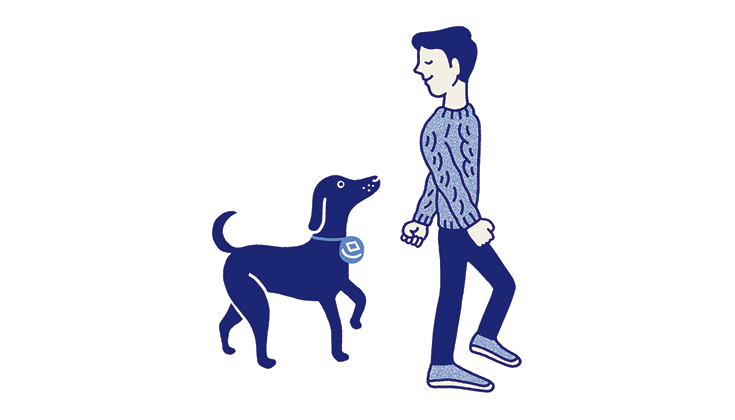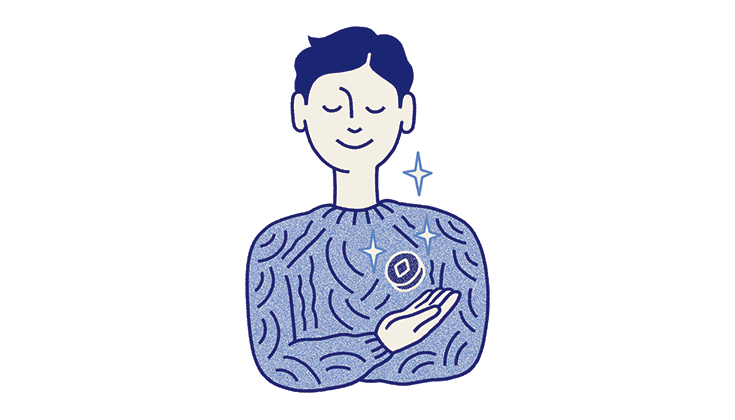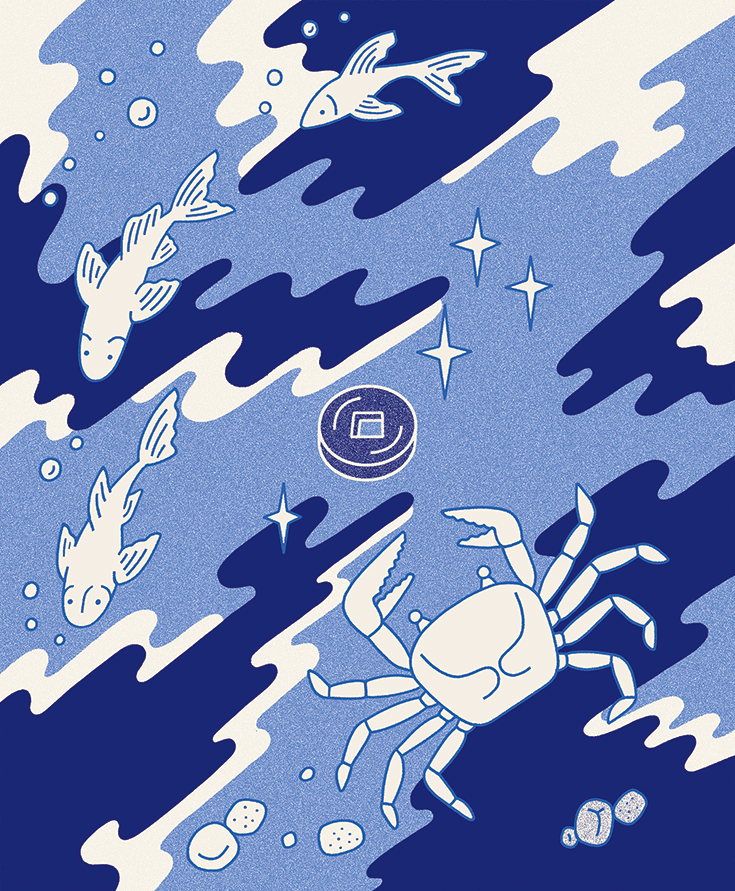The koan: The coin lost in the river is found in the river.
A koan is a little healing story, a conversation, an image, a fragment of a song. It’s something to keep you company, whatever you are doing. There’s a tradition of koan study to transform your heart and the way you move in the world.
The path is about learning to love this life, the one you have. Then it’s easy to love others, which is the other thing a practice is about.
Koans don’t really explain things. Instead, they show you something by opening a gate. You walk through, and you take the ride. Before anything is explained, there is the sky, the earth, redwood forests, pelicans, rivers, rats, the city of San Francisco. And you are part of all that. We’re all part of that. In the land of koans, you see that everything that happens in your life is for you. There is no one else it can be for. Your life counts.
It’s familiar to reach for things you already know about, and meditation means stepping beyond that. It’s not training your mind because that is something you already know about. What’s required is more strange and also less effort; it’s outside of easy or hard, yesterday or tomorrow.
You might think meditation is difficult—that your job as a meditator is to change your mind about reality and see through your illusions. But the ambition to improve your state of mind is part of the consciousness that finds fault with itself and lives in pain.
With a koan it’s different. You just keep company with the koan, and it draws your attention to something you already have but might not have valued. Reality is on your side.
There are many koans. If you have heard of a koan and it stayed with you, you can try that one out. It can be like an ear worm—it seizes you and won’t go away. In this way, a koan can choose you. It is for you the way your life is for you. No one else’s opinion really counts. If no koan has already grabbed hold of you, here’s one to try:
The coin lost in the river is found in the river.
How do you work with this koan?
1. First of all, don’t try too hard.
Just repeat the words of the koan to yourself a bit.
The coin that’s lost in the river is found in the river.
You are joining a timeless conversation and you are forming a relationship with the koan, so you can let all that happen without worrying about it.
2. You show up.
Have the life you have, and let the koan into it. Think of it as play. Everyone wants to develop meditation as a skill, but building a skill is just making your life smaller than it is. Before that, meditation is showing up for your own life. It’s personal; something in your life will rise to meet the coin that was lost. It will not be what you expected.
3. Trust what you don’t know.
Usually if we want to understand something we take it up to the top floor and find a shelf with a label for it. If we do that with meditation, we are still outside of our own lives. Instead, you can let the koan into your heart and your body. Let it change you.
4. Experiment.
Fall into the koan, make mistakes, try to misunderstand it, find its virtues. You can’t break a koan. Ask yourself questions: “Is this a coin?” “Is anything really lost?”

5. The koan can be your friend.
It can be the good dog that follows you around. So you can stop struggling. Just wondering about that coin will change you; you’ll begin to notice it everywhere. Keep company with the koan whatever you are doing. Even when you are asleep it might be there, an unnoticed kindness.
6. Any part of the koan is all of the koan.
Your mind presents all sorts of things—coins, lost and found, hidden treasure, the ever-flowing river. Loss is itself a kind of coin. Even if you were delirious, dying, or just really excited, the gold would be there. The practice is robust like that. Secretly, inside any state there’s the glint of something that has always been here. You just show up in any condition and you start to notice.

7. You don’t need a special state of mind.
There are many calm and clear states of mind, but the meditation is not about chasing after them. Meditation occurs before any states of mind become fixed.
8. Have confidence in yourself.
The most important thing is not to judge, criticize, assess, or find fault with anything that arises in your mind. This includes how you are doing with the koan. If you can’t help it and you do judge, criticize, assess, and find fault with yourself, don’t criticize that. Then the compassion has somewhere to come in.
Any final suggestions for trying this?
We can turn toward whatever arises. No moment of life is unworthy of us or wrong, and every being has a treasure that was never lost. It’s fine to enjoy your koan, to let it become you, to relish your life. Ah, the coin!
You might be doing it right.
